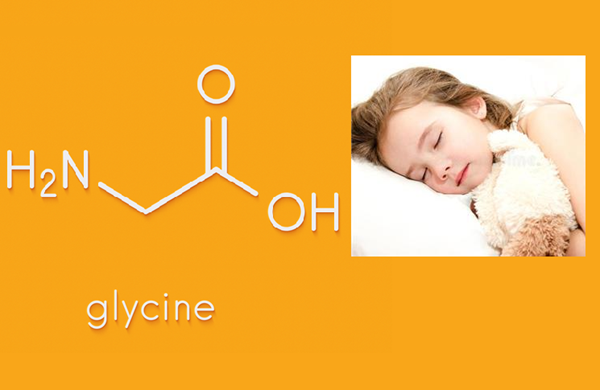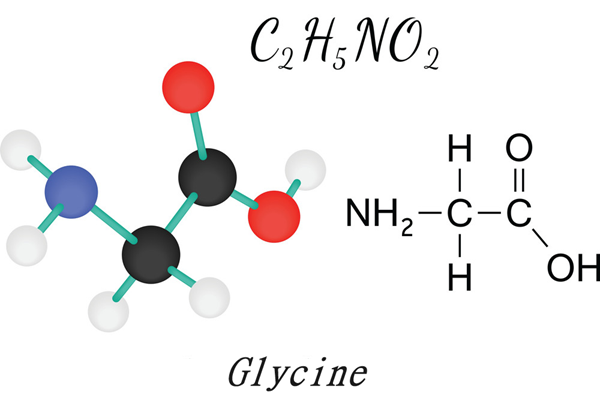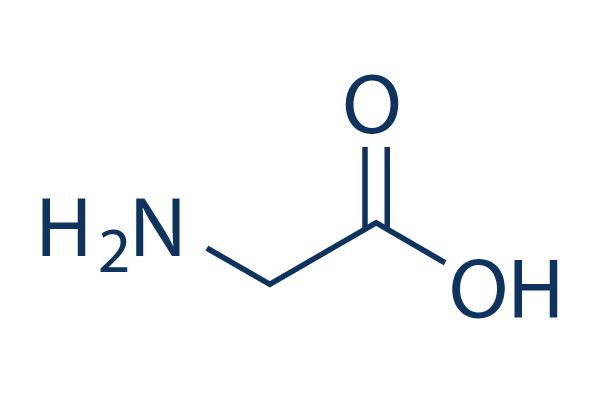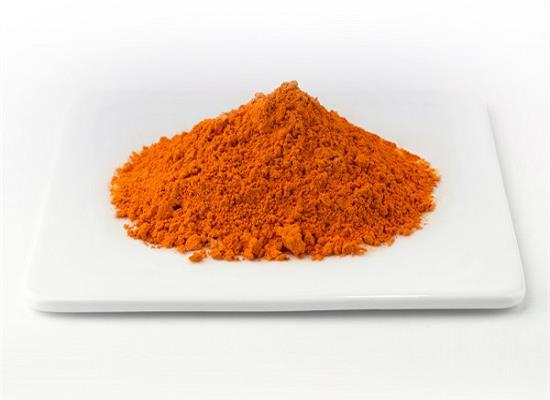Glycine: Properties, Physiological Activities and Targets
Glycine is an amino acid also known as glycine or glycinamide. It is a building block of proteins and is an essential amino acid for the human body. Essential amino acids are amino acids that the human body cannot synthesize on its own and must be taken in through food.
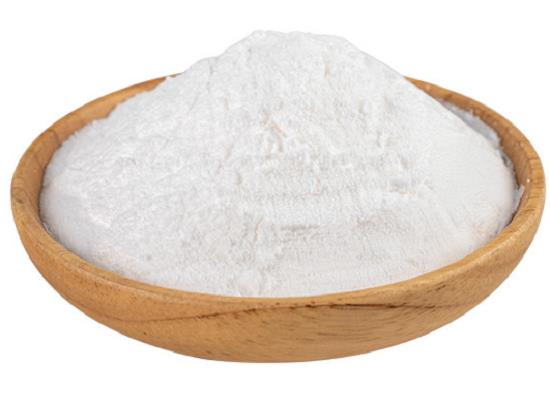
Figure 1. Glycine
What is glycine?
Glycine has several important functions in the human body. It is involved in protein synthesis and is an important component in building muscle, bone, skin, and other tissues. In addition, glycine is involved in energy metabolism in the body, helps maintain normal liver function, and plays an important role in the immune system.
Sources of Glycine
Glycine can be obtained from a variety of food sources, including meat, poultry, fish, dairy products, legumes, nuts, and grains. In addition, glycine can be taken as a dietary supplement. The structure of glycine contains a glycine group (the amino acid group of glycine) and a methyl group (formic acid group). Its chemical structure contains carboxyl (COOH), amino (NH₂), and methyl (CH₃) groups, which give glycine the properties and functions of amino acids.
Glycine Effects and Benefits
In addition to being a component of protein synthesis and energy metabolism, glycine has several other important functions and effects:
Hepatoprotection: Glycine has a protective effect on the liver, helps reduce inflammation and damage to damaged livers, helps maintain the normal function of liver cells, and participates in the detoxification process.
Immunomodulation: Glycine plays an important regulatory role in the immune system, can promote the activity of immune cells, enhance the function of the immune system, and help fight disease and infection.
Nervous system support: Glycine plays a regulatory and supportive role in the nervous system, can promote the normal synthesis and release of neurotransmitters, and help maintain neurological function and cognitive ability.
Antioxidant effect: Glycine has antioxidant properties and can help fight free radical damage. Free radicals are active molecules that cause oxidative stress and cell damage, and antioxidants can neutralize these free radicals and protect cells from damage.
Muscle recovery and repair: Glycine plays an important role in muscle recovery and repair. It is involved in the synthesis and repair process of muscle protein, helps reduce muscle fatigue, and promotes muscle growth.
You may like
Related articles And Qustion
See also
Lastest Price from Glycine manufacturers

US $1200.00-1100.00/ton2025-10-13
- CAS:
- 56-40-6
- Min. Order:
- 1ton
- Purity:
- 99%
- Supply Ability:
- 1000T/M

US $0.00/Kg/Drum2025-04-21
- CAS:
- 56-40-6
- Min. Order:
- 1KG
- Purity:
- 98.5%-101.5%;USP
- Supply Ability:
- 10 TONS

